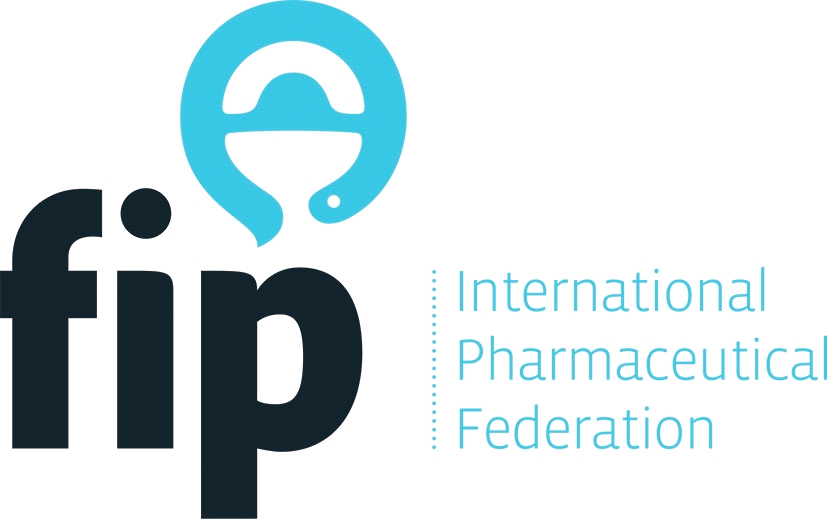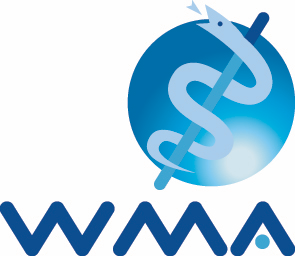July 2019
We are writing this letter on behalf of the World Health Professions’ Alliance (WHPA), representing over 31 million physicians, nurses, pharmacists, dentists and physical therapists, as well as the International Federation of Medical Students’ Associations (IFMSA), the World Federation for Medical Education (WFME) and the World Organization of Family Doctors (WONCA).
We have noted the report of the WHO secretariat regarding the involvement of Non-State Actors (NSAs) in governing body processes, in addition to the reactions from member states during the 145th session of the WHO Executive Board.
As a general comment, we feel that the increase in the number of organisations in official relations with WHO, and their attendance at governing body meetings, reflects a healthy trend of increased transparency and dialogue on behalf of WHO and in our opinion, should not be restricted.
As health professionals’ associations, we would like to raise some concerns regarding the following:
- Non-state actors as a group is very diverse both in terms of missions as well as interests. Therefore, proposals to have NSAs lumped in one big group and treated the same carry significant risks.
- As civil society organisations, there is a wide range of diversity and divergence in opinions and expertise, therefore a proposal to ask for a statement on behalf of each of the three categories of NSAs will only serve to move a healthy debate to a separate forum and will be unlikely to bring a meaningful outcome, while severely limiting the ability of less well-resourced organisations from contributing. A diverse group of civil society organisations trying to reach consensus on the delivery of a short statement would not be the most effective way to utilise the time and expertise of Civil Society Organisation (CSO) members and would only serve to dilute messages of those organisations.
- As professional associations representing frontline health professionals, our voice should be heard individually on several matters, including but not limited to health workforce issues. Many, if not most resolutions discussed here carry direct implications on our daily practice and our ability to care for our patients and communities. We also observe the realities of delivering frontline care, and we are able to bring the practical, pragmatic perspective on many issues to the policy debate, which not only serves to enrich it, but also to ensure that policies and resolutions are implementable nationally and locally.
- While we welcome member states organising civil society hearings prior to coming to Geneva, it is worth noting that there is a big variability in practice whereby some CSOs do not have any avenue for interacting with their country delegation or the relevant governmental entities.
- We do not see any added value for the proposal for the World Health Forum currently proposed. This will add significant costs for both WHO and CSOs, and while a similar platform is used by the World Trade Organisation (WTO), it does not carry any relevance to the participation of NSAs in WTO’s governing meetings. It will also create a parallel forum where the CSOs will likely be talking to each other rather than with member states.
- Finally, we welcome the proposal for a web consultation with CSOs to discuss avenues for more meaningful engagement, recognising that NSAs are very diverse interest and expertise wise.
We offer our assistance in finding a solution which will ensure the voices of NSAs are still heard and are able to contribute to WHO’s work.
Thank you




